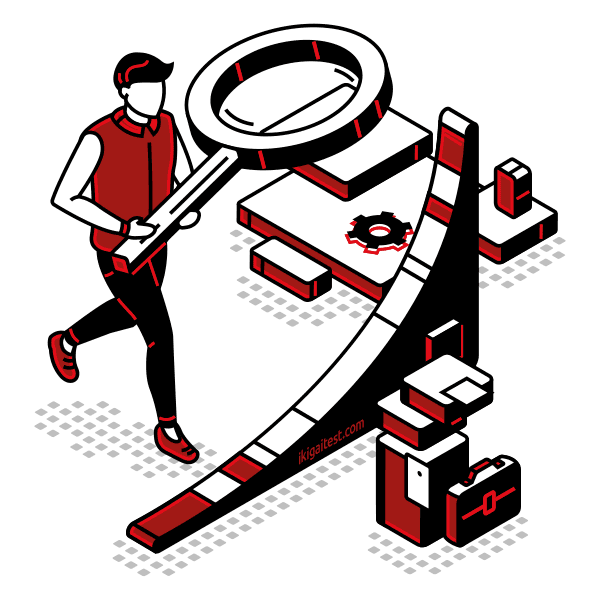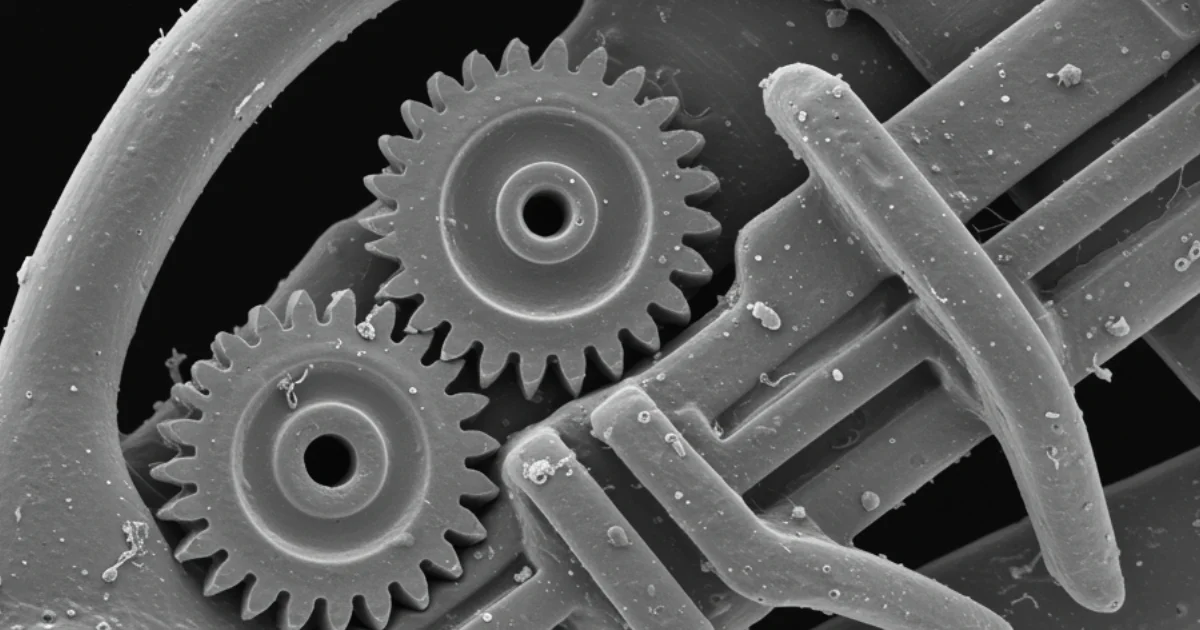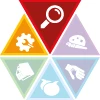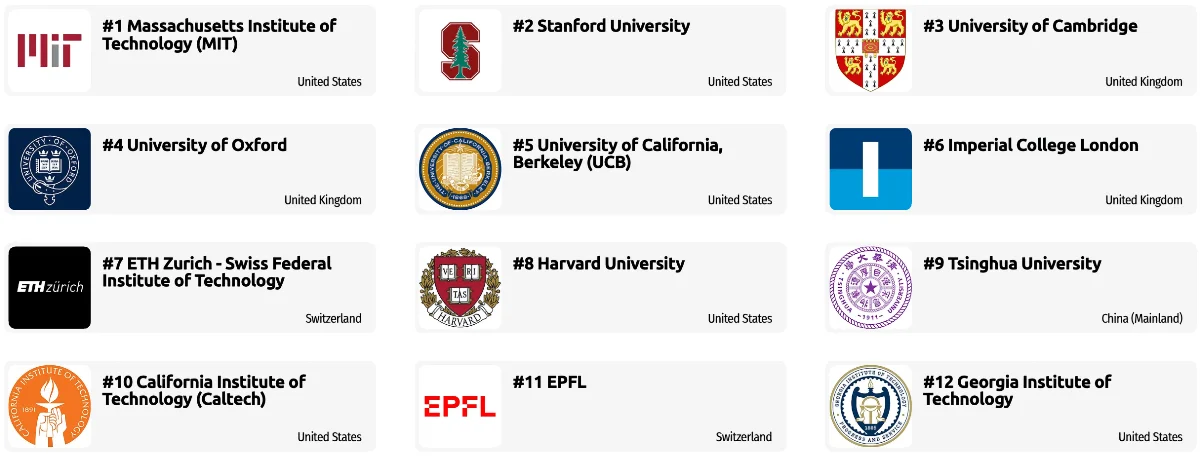Inspector

Inspectors should be great at:
- Estimating sizes, distances, and quantities; or determining time, costs, resources, or materials needed to perform a work activity.
- Observing, receiving, and otherwise obtaining information from all relevant sources.
- Identifying information by categorizing, estimating, recognizing differences or similarities, and detecting changes in circumstances or events.
- Inspecting equipment, structures, or materials to identify the cause of errors or other problems or defects.
Strategist

Most strategists should excel at:
- Establishing long-range objectives and specifying the strategies and actions to achieve them.
- Analyzing information and evaluating results to choose the best solution and solve problems.
- Developing specific goals and plans to prioritize, organize, and accomplish your work.
- Scheduling events, programs, and activities, as well as the work of others.
Other work activities related to Microsystems engineers
- Managing new product introduction projects for ensuring effective deployment of microelectromechanical systems (MEMS) devices or applications.
- Planning or scheduling engineering researching or development projects involving microelectromechanical systems (MEMS) technology.
- Developing or implementing microelectromechanical systems (MEMS) processing tools, fixtures, gages, dies, molds, or trays.
- Identifying, procuring, or developing testing equipment, instrumentation, or facilities for characterization of microelectromechanical systems (MEMS) applications.
- Developing customer documentation, such as performance specifications, training manuals, or operating instructions.
- Developing or file intellectual property and patent disclosure or application documents related to microelectromechanical systems (MEMS) devices, products, or systems.
- Communicating operating characteristics or performance experience to other engineers or designers for training or new product development purposes.







